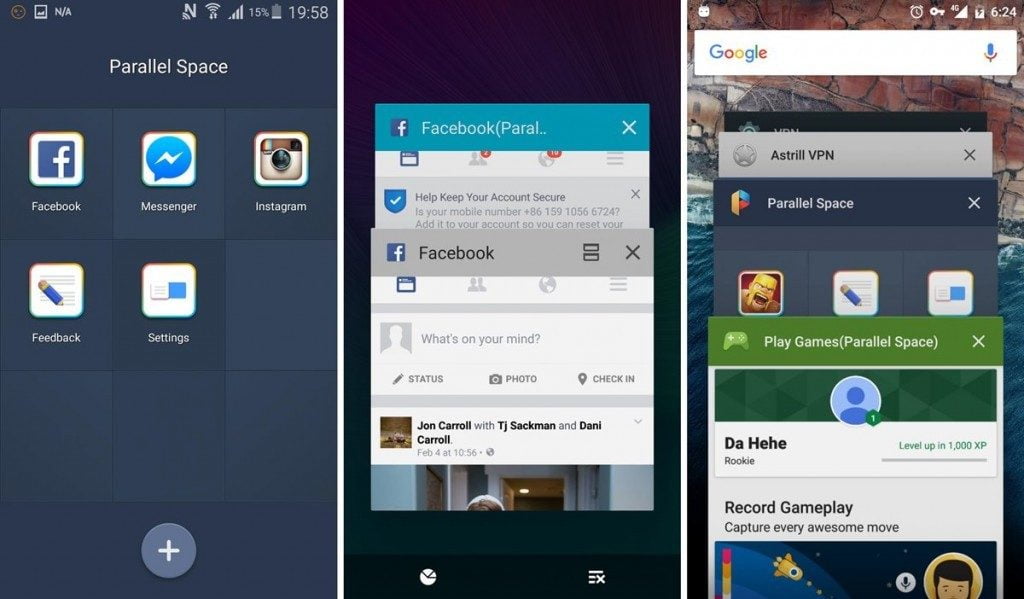In a significant platform expansion, Signal Messenger has released version 7.34.0 with native support for Windows Arm devices, joining the growing roster of applications optimizing for the architecture. The update, launched on November 20th, was first highlighted by technology reporter Simon Bisson on Bluesky.
The latest release brings native compatibility with Arm64 processors, including Qualcomm’s latest Snapdragon X Plus and X Elite chips and earlier Snapdragon iterations for Windows. This native support ensures optimal performance compared to running under Windows’ x86-64 emulation layer, known as Windows Prism.
Signal’s Privacy-First Approach
Signal Messenger continues to distinguish itself in the messaging landscape through its stringent privacy features. As a free, open-source application developed by the non-profit Signal Foundation, it offers comprehensive end-to-end encryption across all communication channels, including:
- Text messages
- Voice calls
- Video calls
- File transfers
The platform’s commitment to privacy extends beyond encryption, as it maintains a strict no-data-collection policy and operates without advertisements. Its open-source nature enables independent security audits, ensuring the absence of potential vulnerabilities or backdoors.
Professional Usage and Trust
While Signal may not boast WhatsApp or Telegram user numbers, it has earned particular trust among journalists and privacy-conscious professionals. The platform has become an essential tool for secure communication with confidential sources, especially in situations requiring anonymity.
Signal’s Arm support arrives amid a wave of major applications optimizing for Windows on Arm, including:
- Telegram messenger
- Vivaldi browser
- DaVinci Resolve
- Adobe Illustrator
- Slack
This trend reflects the growing momentum behind Microsoft’s Arm initiative, particularly relevant for devices like the Surface Pro 11 and other Copilot+ PCs powered by Snapdragon processors.
The native Arm64 support provides significant advantages over emulated applications. While Windows Prism enables compatibility with x86-64 applications, natively compiled Arm applications offer superior performance and efficiency, fully leveraging the capabilities of modern Arm processors.
This development marks another milestone in the expanding ecosystem of Windows on Arm, as more developers recognize the importance of native support for this growing platform.











